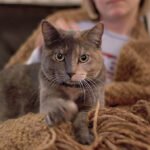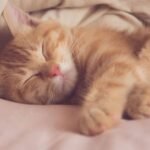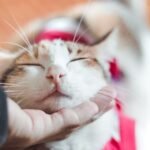Welcoming a feline friend into your home is a delightful experience, but it comes with responsibilities, especially when it comes to their nutrition. Many cat owners, both new and seasoned, unintentionally make mistakes that can affect their cat’s health. Understanding these pitfalls can help ensure your cat lives a long, happy, and healthy life.
Ignoring the Importance of Protein
Cats are obligate carnivores, meaning they require a diet rich in animal protein. Unlike dogs or humans, cats derive most of their energy from proteins rather than carbohydrates. Ignoring this can lead to malnutrition and a host of health problems. When choosing cat food, it’s essential to ensure that protein is the primary ingredient. Look for specific meat sources like chicken, beef, or turkey. A diet low in protein can result in muscle wasting and a weakened immune system. Some cat owners might unknowingly feed plant-based proteins, which are not as beneficial for cats. Remember, a high-protein diet is not just a preference but a necessity for your feline friend.
Overlooking the Need for Moisture
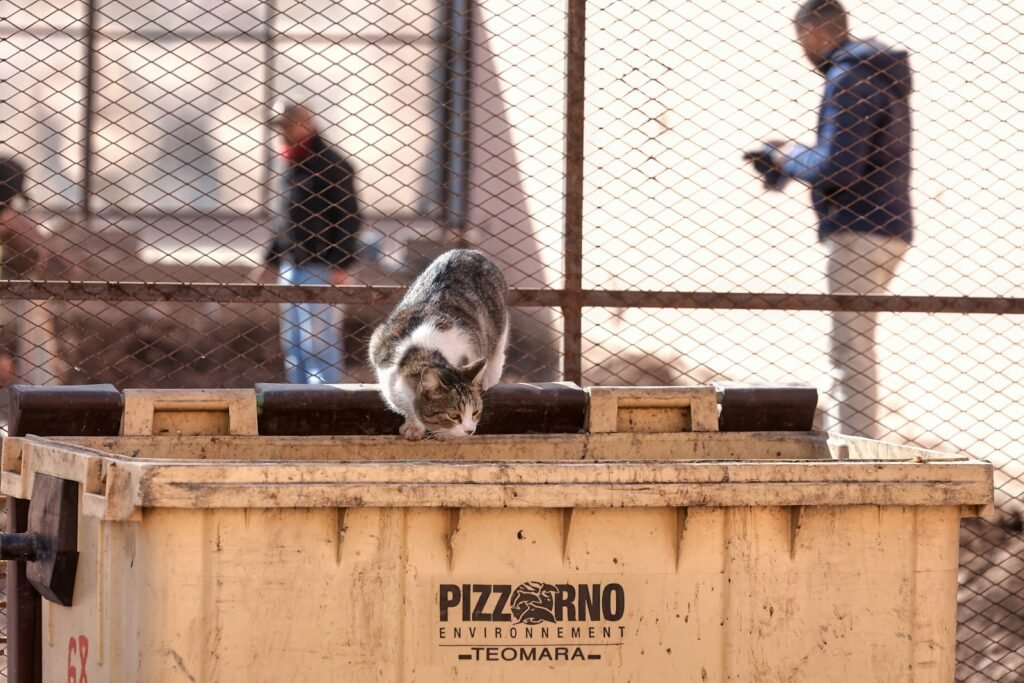
Cats are naturally adapted to get most of their moisture from their food, as they evolved in arid environments. Feeding only dry kibble can lead to dehydration. Dehydration can cause urinary tract issues and kidney problems over time. Wet food provides essential moisture, ensuring your cat stays hydrated. Mixing wet food with dry kibble can be a practical solution for cat owners. Always ensure fresh water is available, but remember, cats might not drink as much as they need.
Feeding Human Foods
Sharing your meal with your cat might seem like a loving gesture, but it can be harmful. Many human foods are toxic to cats, like onions, garlic, and chocolate. Even seemingly harmless foods like grapes and raisins can cause severe health issues. Cats have different dietary needs, and human foods can upset their digestive system. It’s always safer to stick to foods specifically designed for cats. If you’re unsure, consult with a veterinarian before introducing any new food to your cat’s diet.
Underestimating the Dangers of Obesity
Just like in humans, obesity in cats can lead to numerous health issues, including diabetes, arthritis, and heart disease. Some cat owners equate food with love, leading to overfeeding. It’s crucial to monitor portion sizes and ensure your cat maintains a healthy weight. Regularly weighing your cat can help detect any weight changes early on. Treats should be given sparingly and not as a substitute for a balanced meal. Engaging your cat in playtime can also help them stay active and healthy.
Not Considering Age-Appropriate Diets
Kittens, adult cats, and senior cats have different nutritional requirements. Feeding a senior cat a diet meant for kittens can lead to obesity and other health issues. Kittens need more calories and nutrients to support their rapid growth and development. On the other hand, senior cats might require fewer calories but more joint support. Always choose a diet that aligns with your cat’s age and specific health needs. Regular veterinary check-ups can guide you in making the right dietary choices as your cat ages.
Ignoring Special Dietary Needs
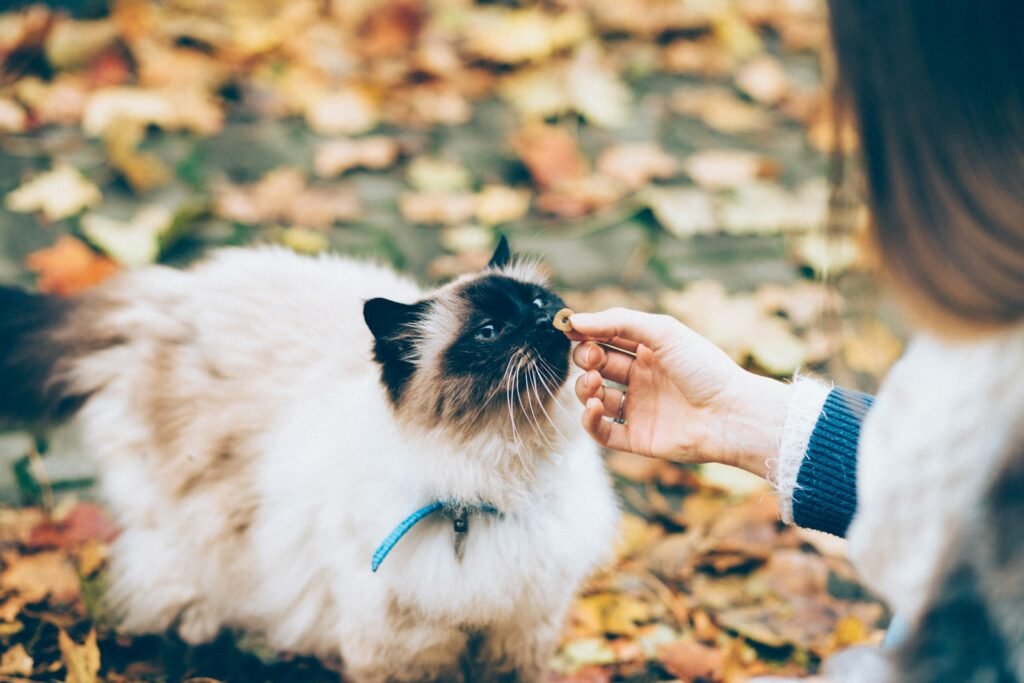
Some cats have specific dietary needs due to medical conditions like allergies, diabetes, or kidney disease. Overlooking these needs can exacerbate their health issues. If your cat has been diagnosed with a medical condition, it’s crucial to work with a veterinarian to tailor their diet. Specialized diets can help manage symptoms and improve the quality of life. Always be observant of any changes in your cat’s health or behavior, as they might indicate a need for dietary adjustments.
Neglecting Regular Feeding Schedules
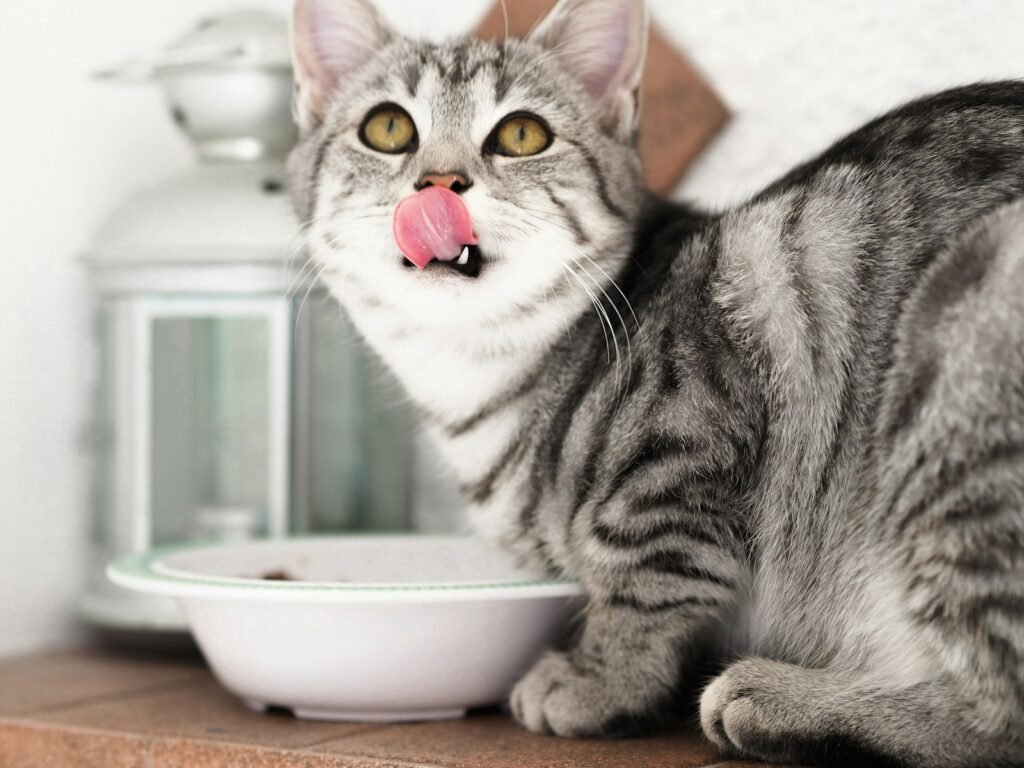
Cats thrive on routine, and irregular feeding schedules can cause anxiety and digestive issues. Establishing a consistent feeding routine helps in maintaining a healthy metabolism. Free-feeding, or leaving food out all day, can lead to overeating and obesity. Scheduled feedings allow you to monitor your cat’s appetite and adjust portions as needed. If you have a busy schedule, consider using an automatic feeder to ensure your cat gets meals on time.
Overlooking the Importance of Taurine
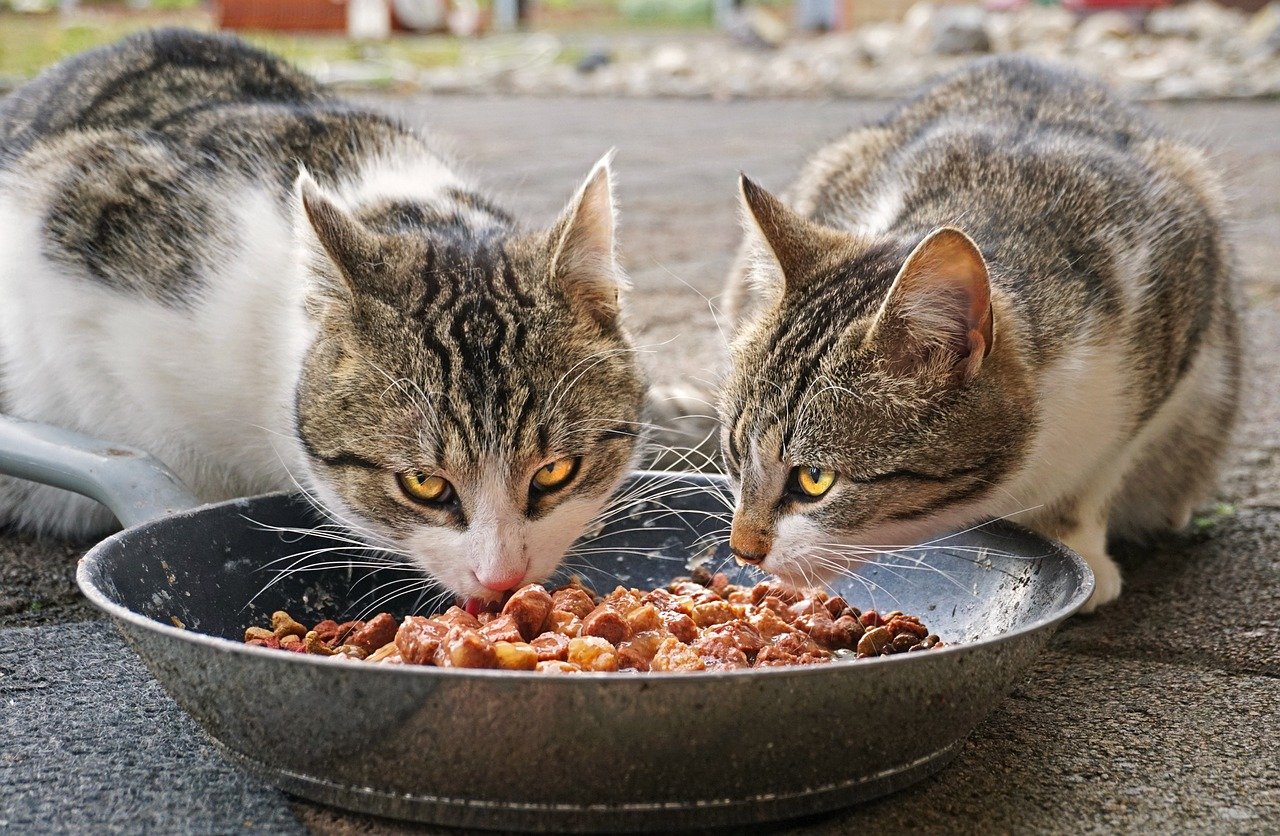
Taurine is an essential amino acid that cats cannot produce on their own. A deficiency can lead to severe health problems, including blindness and heart disease. Many commercial cat foods include taurine, but it’s vital to check the ingredients list. Homemade diets might lack sufficient taurine, so supplementation might be necessary. Always ensure your cat’s diet is balanced and includes all essential nutrients.
Forgetting to Transition Foods Gradually
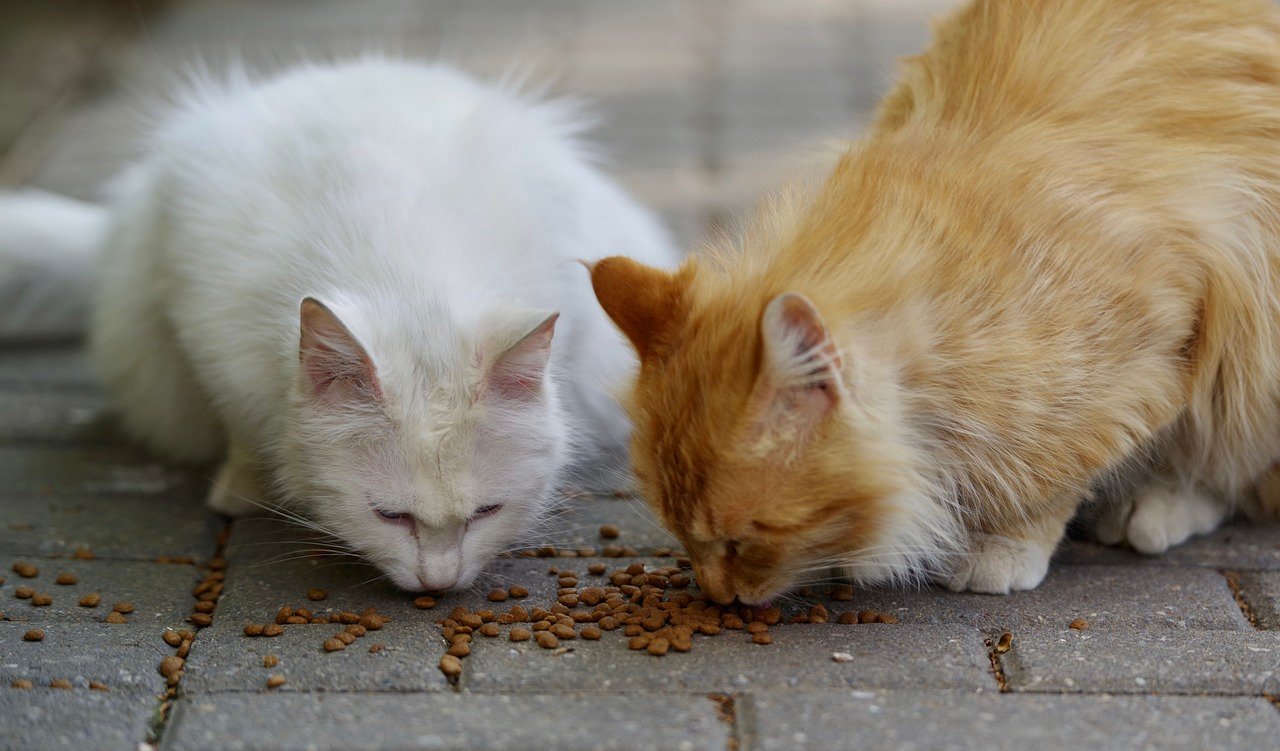
Suddenly changing your cat’s diet can lead to digestive upset and refusal to eat. Cats can be creatures of habit, and abrupt changes might stress them out. When introducing a new food, mix it with the old food gradually over a week. This helps your cat adjust to the new taste and texture without causing stomach issues. Monitoring your cat for any adverse reactions during the transition period is crucial. If your cat refuses the new food, it might be worth trying a different brand or flavor.
Not Reading Cat Food Labels Carefully
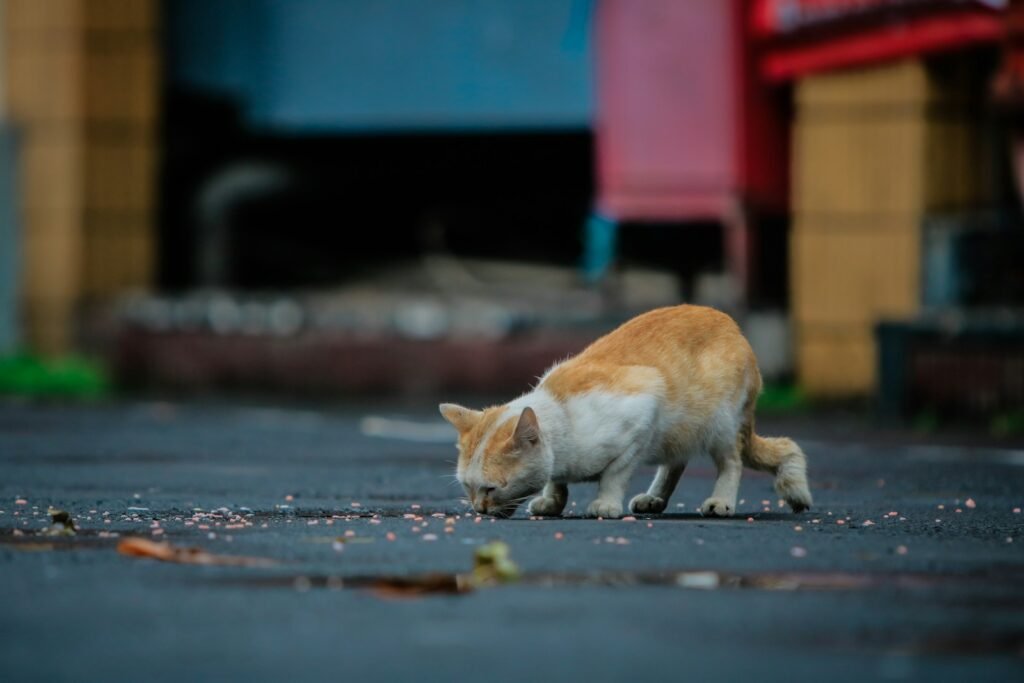
Many cat owners might not pay attention to the ingredients list on cat food labels. Some commercial foods contain fillers and artificial additives that offer little nutritional value. Understanding the label can help you make informed choices and ensure your cat receives a high-quality diet. Look for foods with real meat as the first ingredient and minimal fillers. Consulting a veterinarian can also help in deciphering what to look for in a quality cat food.
In understanding and addressing these common mistakes, cat owners can significantly improve their feline companion’s health and well-being. A balanced and well-informed approach to nutrition is key to ensuring your cat thrives.

Suhail Ahmed is a passionate digital professional and nature enthusiast with over 8 years of experience in content strategy, SEO, web development, and digital operations. Alongside his freelance journey, Suhail actively contributes to nature and wildlife platforms like Feline Fam, where he channels his curiosity for the Feline into engaging, educational storytelling.
With a strong background in managing digital ecosystems — from ecommerce stores and WordPress websites to social media and automation — Suhail merges technical precision with creative insight. His content reflects a rare balance: SEO-friendly yet deeply human, data-informed yet emotionally resonant.
Driven by a love for discovery and storytelling, Suhail believes in using digital platforms to amplify causes that matter — especially those protecting Earth’s biodiversity and inspiring sustainable living. Whether he’s managing online projects or crafting wildlife content, his goal remains the same: to inform, inspire, and leave a positive digital footprint.


